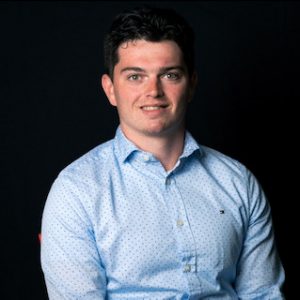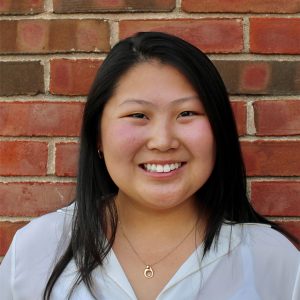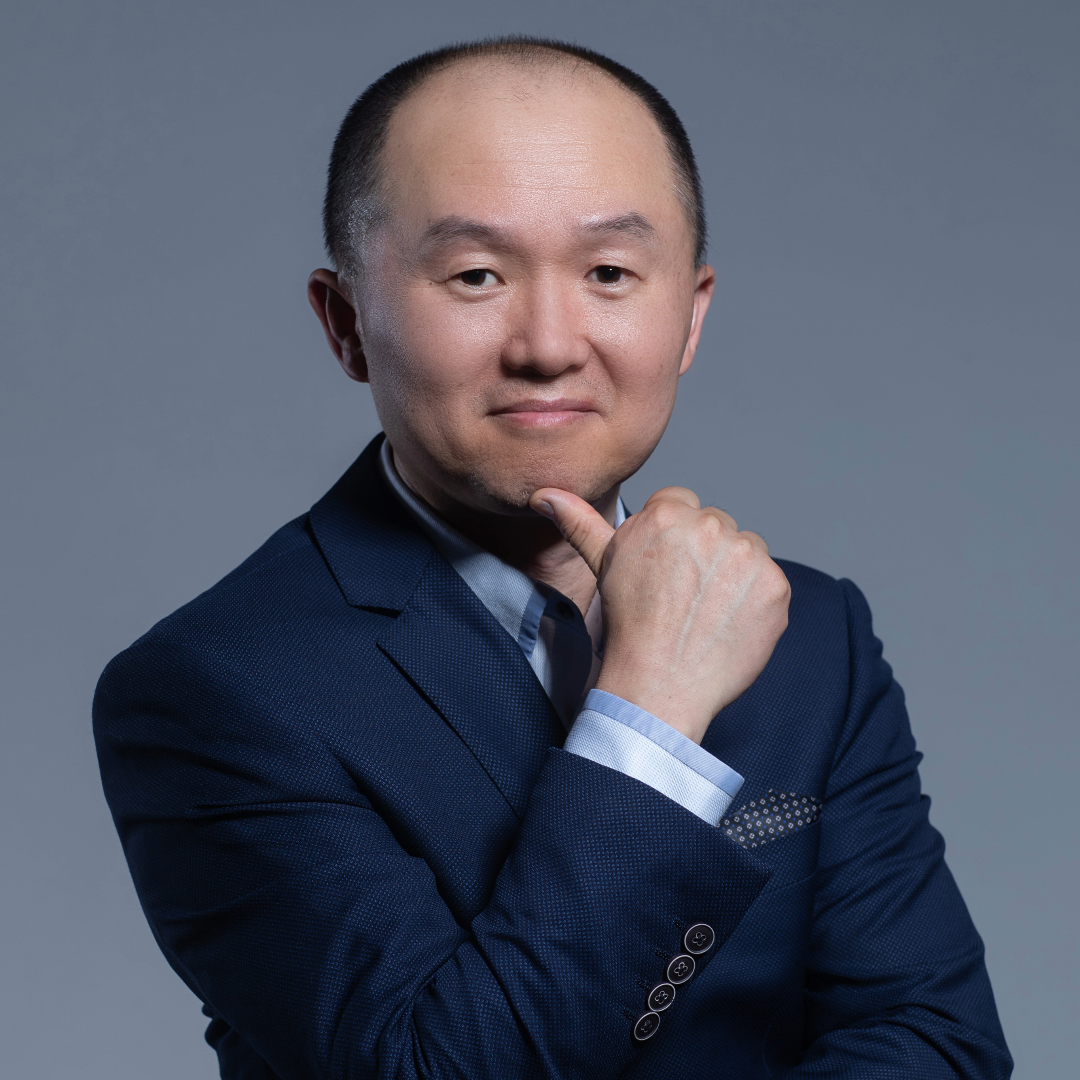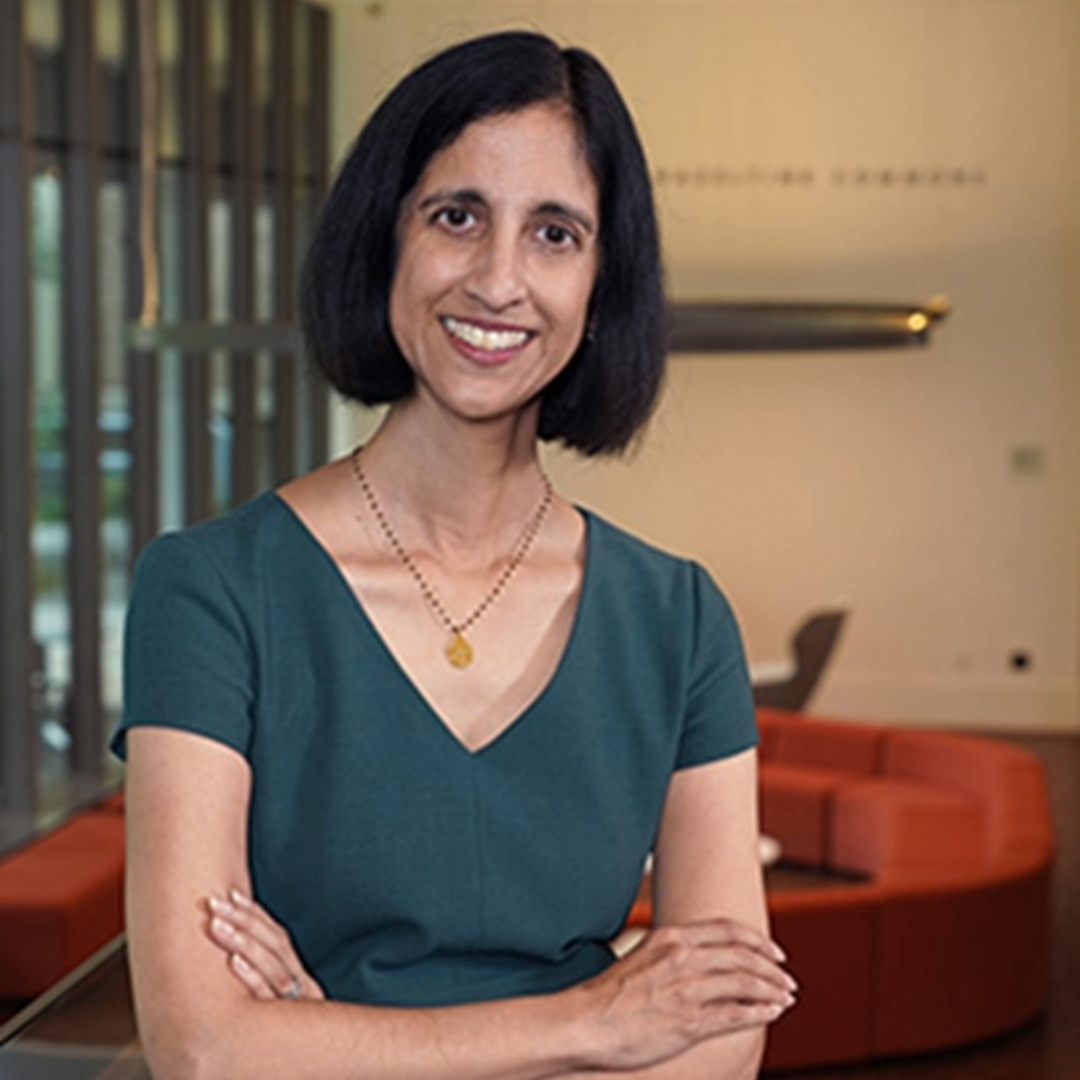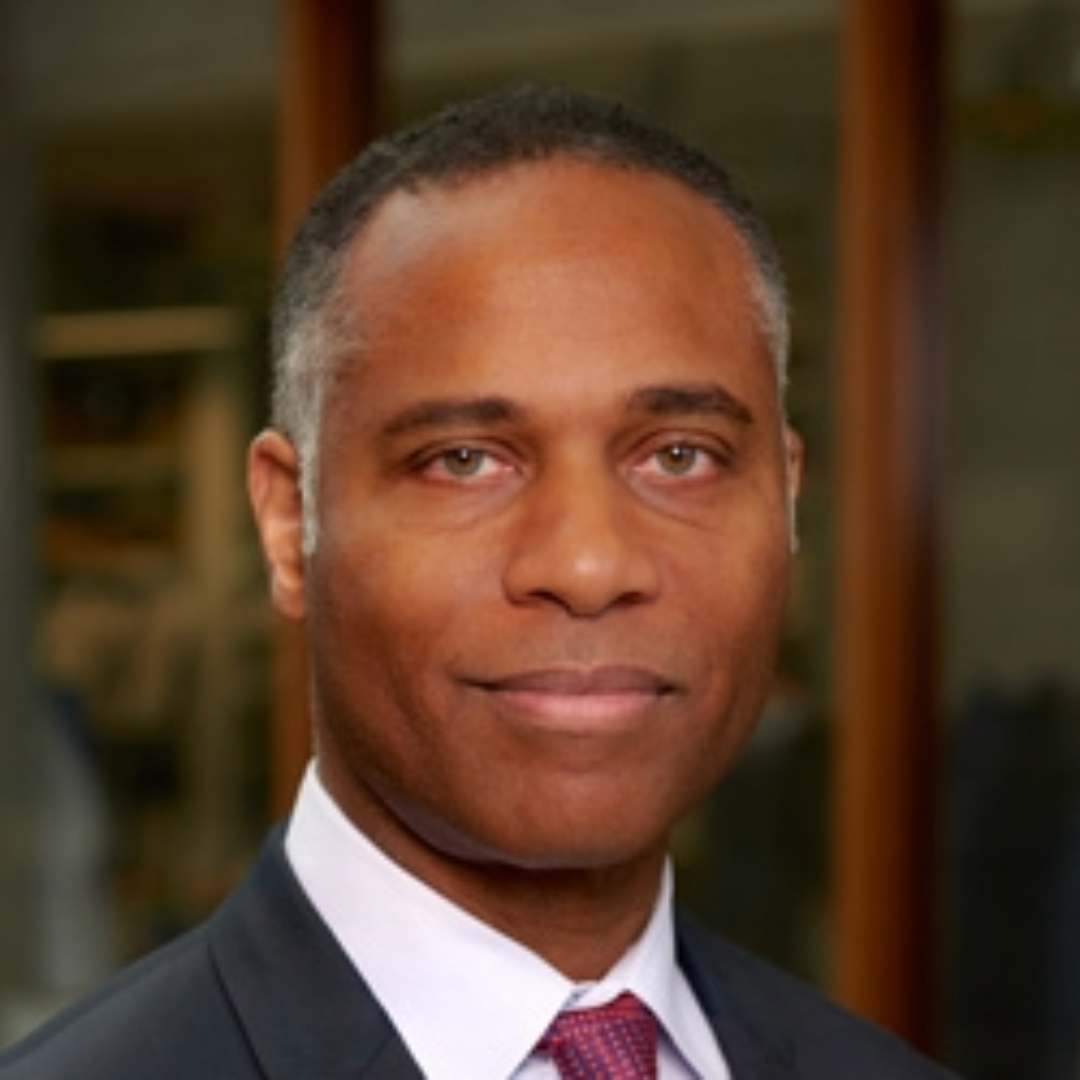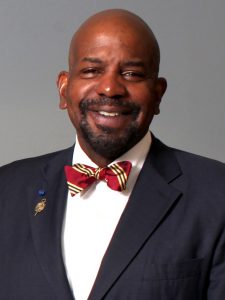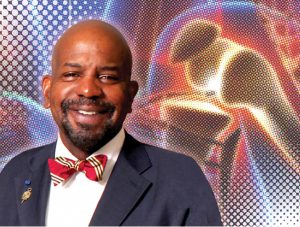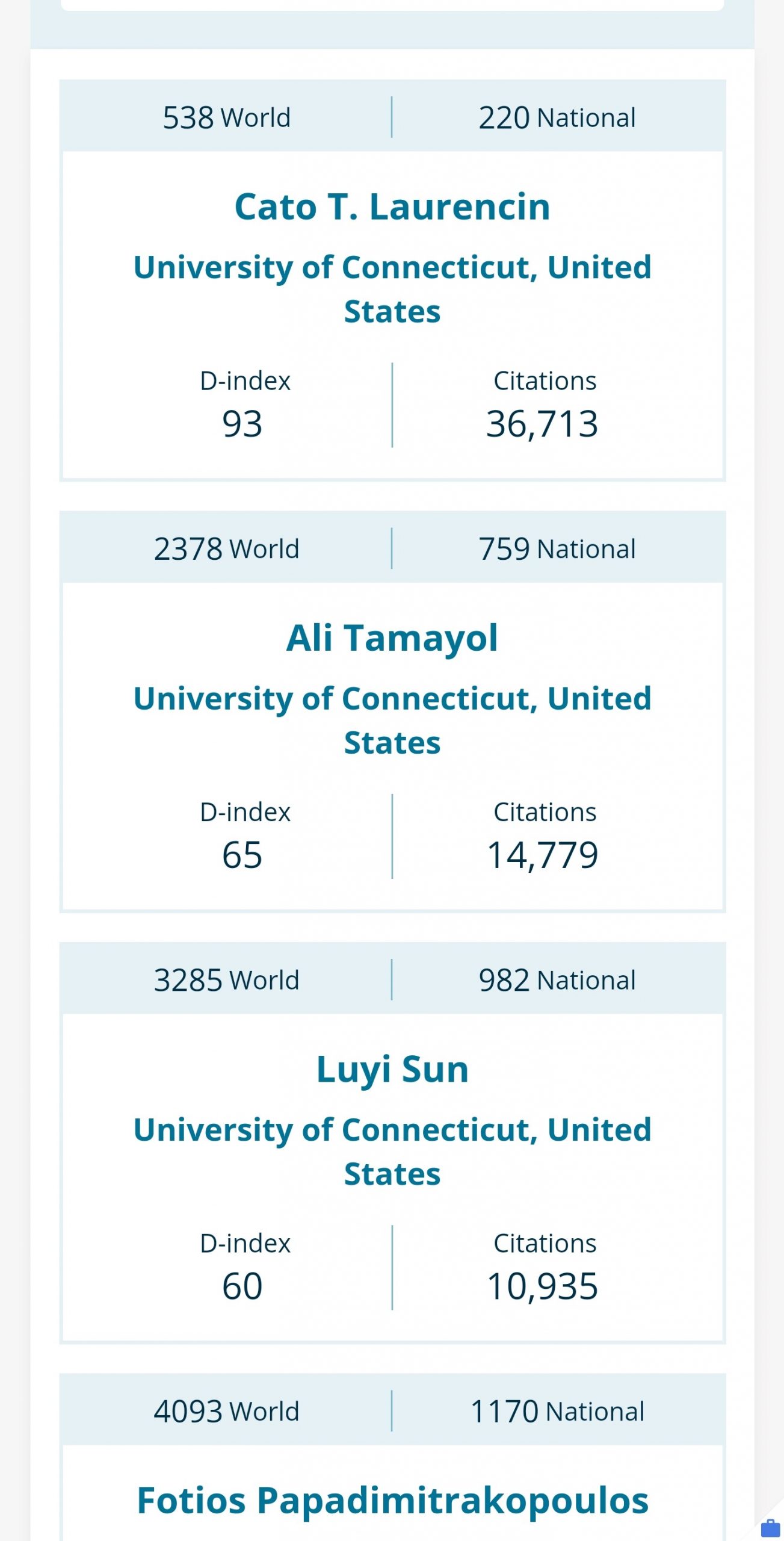The Cato T. Laurencin Institute is delighted to introduce Robert Bunis and Gina Airoldi as our first MSc in Regenerative Engineering cohort. Their academic excellence and well-aligned applications marked them as outstanding candidates. The Master of Science in Regenerative Engineering program is intended to train a new transdisciplinary workforce for Regenerative Engineering. Regenerative Engineering is a new field defined as the convergence of advanced materials science, stem cell science, physics, developmental biology, and clinical translation for the regeneration of complex tissues and organ systems. The coursework and research projects of the program allow students to delve into the latest advancements, technologies, and challenges in this rapidly growing field.
Robert Bunis is a UConn alumnus with a degree in Biomedical Engineering and graduated Magna Cum Laude. Robert is passionate about the field. He states, “I would say that I joined the regenerative engineering program because of the ever-growing potential that regenerative engineering has. I have always been very interested in science and medicine and see a promising future regarding the use of stem cells and improving upon current medical technologies. I hope to make a positive impact on the medical community and research advancements that will help improve the lives of others.”
Gina Airoldi graduated from the University of Vermont with a Bachelor of Science in Biomedical Engineering. Gina is also a part of the institute’s Young Innovative Investigator Program. Gina states, “It allows me to specialize my more broad “Biomedical Engineering” undergraduate degree. Being able to collaborate with UConn Health in Farmington and UConn in Storrs provides opportunities to learn from and work with experts in a variety of fields, allowing me to hone my medical and health interests while still utilizing engineering fundamentals. The research being done in Regenerative Engineering here at UConn and UConn Health is innovative and inspiring, and I truly believe this field will create new possibilities for medicine and saving lives.”
The primary inspiration behind such a program stem from the pressing need to develop novel solutions for diseases and injuries that currently have limited treatments. Whether it is a spinal cord injury, bone fractures, organ failure, or degenerative diseases, Regenerative Engineering offers hope for potentially groundbreaking treatments. The M.S. program is designed to equip the next generation of scientists and engineers with the necessary skills and knowledge to push the boundaries of what’s possible in regenerative medicine.
“I am excited to have these two impressive students be part of the institute”, said Dr. Cato Laurencin, CEO of The Cato T. Laurencin Institute for Regenerative Engineering at UConn.
